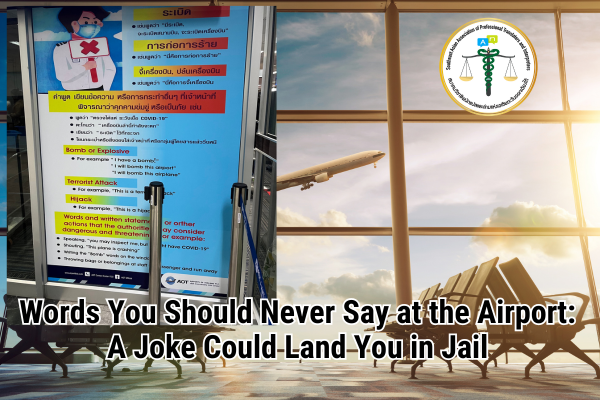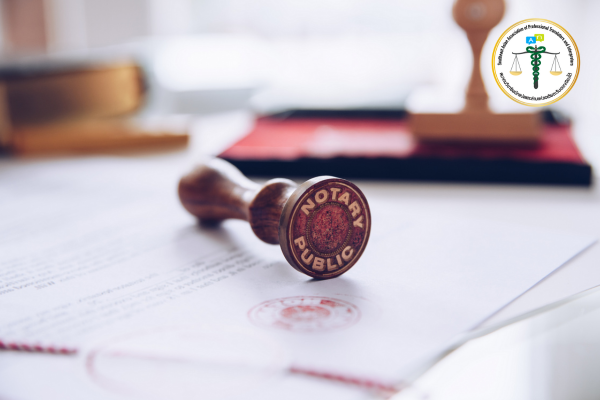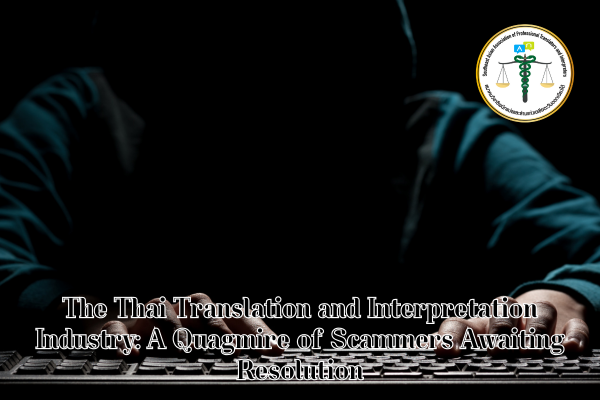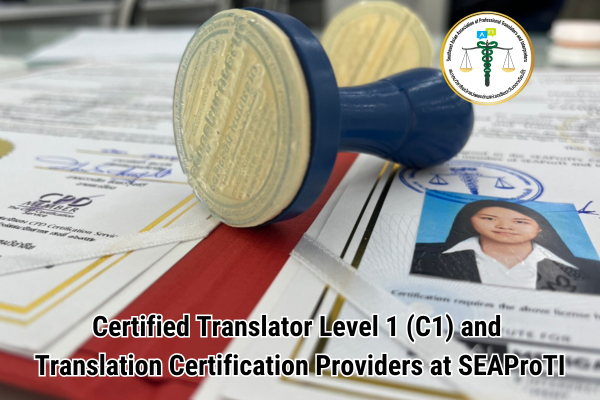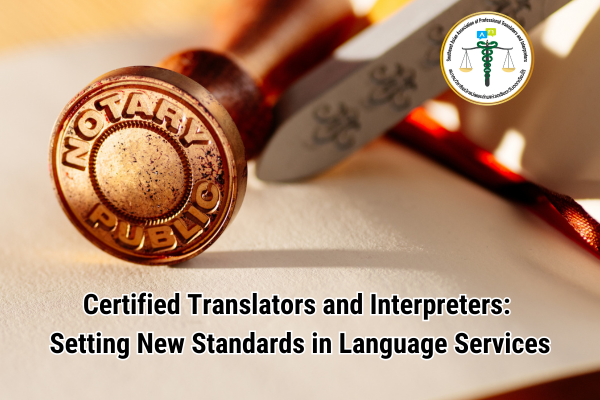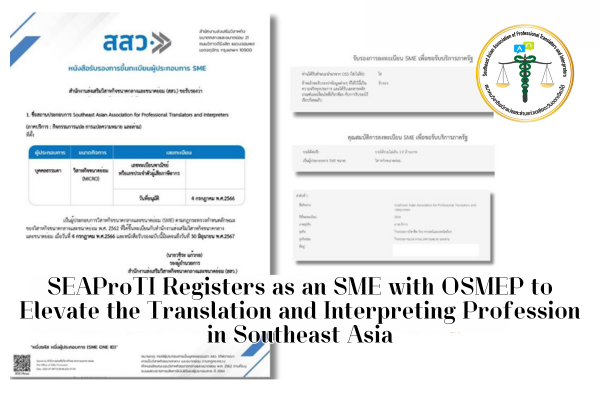Words You Should Never Say at the Airport:
A Joke Could Land You in Jail
23 March 2025, Bangkok – Airports are among the most secure places in the world. With thousands of lives in transit and the need for global coordination, airport security must treat every threat seriously—real or perceived. This means that certain words, phrases, or actions that may seem harmless or humorous in other settings can have serious legal consequences when used at the airport.
Words and Statements You Should Avoid at All Costs
1. Anything Related to Bombs or Explosives
Examples:
“I have a bomb”
“I’m going to blow up this airport”
“This bag might explode”
Even if said as a joke, these words are never taken lightly. Uttering the word “bomb” or similar threats in an airport or on an airplane can lead to immediate arrest, interrogation, and criminal charges. Authorities must treat all threats as real until proven otherwise.
2. References to Terrorism or Terrorist Attacks
Example: “This is a terrorist attack”
Mentioning terrorism, even in jest or frustration, will trigger an emergency response. You may be removed from your flight, questioned by law enforcement, and potentially banned from future air travel.
3. Hijacking Threats
Example: “This is a hijack!”
Claiming to hijack a plane or joking about taking control of the aircraft is considered a serious security breach. Regardless of your intentions, you will likely face detention, investigation, and prosecution.
4. Claims About Infectious Diseases (e.g., COVID-19)
Example: “Stay away! I have COVID” or “I have a deadly virus”
In the context of public health, making false claims about carrying a contagious disease can cause panic, disrupt operations, and result in penalties under public safety laws. It’s not funny—and it’s not worth it.
5. Writing or Displaying Threatening Messages
Examples: Writing “BOMB” on a window, a mask, or luggage
Even when not spoken, symbols or words that imply danger are considered security threats. You could be stopped, searched, and charged with making a false threat.
6. Suspicious or Provocative Behavior
Examples: Throwing a bag at an officer and running away; pretending to abandon a suspicious item
You don’t have to say anything to cause a security panic. Unusual or aggressive behavior in an airport—especially involving unattended baggage—can lead to evacuation procedures, police intervention, and serious legal consequences.
Why Are These Words So Dangerous in an Airport?
-
Passenger and staff safety comes first
Airports are high-stakes environments. Any sign of danger must be taken seriously to protect lives. -
Security officers can’t tell if you’re joking
Their job is to treat all potential threats as real. They have no way of knowing your intent until it’s too late. -
Legal penalties are severe
Making threats or causing fear—even as a joke—can result in fines, imprisonment, and travel bans. Many countries have laws that criminalize false threats in transportation hubs.
In Summary
Being careful with your words at the airport is not just about etiquette—it’s about safety and legality.
Think twice before you speak, especially in security-sensitive areas like airports. If you need assistance, always speak clearly and politely to airport staff. Staying respectful and mindful of your language ensures a smoother, safer journey for everyone.
SEAProTI’s certified translators, translation certification providers, and certified interpreters:
The Southeast Asian Association of Professional Translators and Interpreters (SEAProTI) has officially announced the criteria and qualifications for individuals to register as “Certified Translators,” “Translation Certification Providers,” and “Certified Interpreters” under the association’s regulations. These guidelines are detailed in Sections 9 and 10 of the Royal Thai Government Gazette, issued by the Secretariat of the Cabinet under the Office of the Prime Minister of the Kingdom of Thailand, dated July 25, 2024, Volume 141, Part 66 Ng, Page 100.
To read the full publication, visit the Royal Thai Government Gazette
คำพูดต้องห้ามในสนามบิน: พูดผิด คิดไม่ถึง อาจถึงคุก
23 มีนาคม 2568, กรุงเทพ – สนามบินเป็นพื้นที่ที่มีมาตรการรักษาความปลอดภัยสูงสุด เนื่องจากเกี่ยวข้องกับชีวิตของผู้โดยสารจำนวนมากและระบบการเดินทางระหว่างประเทศ ด้วยเหตุนี้ คำพูดหรือการแสดงออกบางอย่างที่ดูเหมือนเป็นเรื่องล้อเล่น หรือพูดแบบไม่ตั้งใจ ก็อาจกลายเป็นเรื่องร้ายแรงที่มีผลทางกฎหมายได้
คำพูดหรือข้อความที่ไม่ควรพูดอย่างยิ่งในสนามบิน
1. คำเกี่ยวกับ “ระเบิด” หรือ “มีระเบิด”
ตัวอย่าง: “ฉันมีระเบิด”, “จะระเบิดเครื่องบิน”, “ระวังนะ เดี๋ยวระเบิด”
แม้จะพูดเล่นหรือพูดเพราะโมโห การเอ่ยคำว่า “ระเบิด” ในบริเวณสนามบินหรือบนเครื่องบินถือเป็นภัยคุกคามด้านความมั่นคงทางการบิน การพูดคำนี้อาจทำให้ต้องถูกควบคุมตัว สอบสวน และเผชิญโทษทางอาญา
2. คำเกี่ยวกับ “การก่อการร้าย”
ตัวอย่าง: “นี่คือการก่อการร้าย”, “ฉันเป็นผู้ก่อการร้าย”
คำพูดเหล่านี้ถูกจัดว่าเป็นการข่มขู่หรือส่งสัญญาณเตือนภัยที่ร้ายแรง และจะกระตุ้นการตอบสนองฉุกเฉินจากเจ้าหน้าที่ทันที ไม่ว่าจะพูดเล่นหรือล้อเพื่อน การกล่าวถึงการก่อการร้ายในพื้นที่สนามบินเป็นสิ่งที่ต้องห้ามเด็ดขาด
3. คำว่า “จี้เครื่องบิน” หรือ “จะปล้นเครื่องบิน”
ตัวอย่าง: “เดี๋ยวจะจี้เครื่องบินซะเลย”, “นี่คือการปล้นเครื่องบิน”
การพูดถึงการจี้เครื่องบินไม่ว่าด้วยอารมณ์โกรธ หรือล้อเล่นก็ถือว่ามีความผิดอย่างร้ายแรง เจ้าหน้าที่อาจมองว่าเป็นภัยที่แท้จริงและดำเนินการขั้นสูงสุด เช่น การอพยพเครื่องบิน การจับกุมตัว และการตั้งข้อหาอาญา
4. การพูดเกี่ยวกับโรคติดต่อ เช่น COVID-19
ตัวอย่าง: “อย่าเข้ามานะ ฉันติดโควิด”, “ฉันมีเชื้อโรคอันตราย”
ในช่วงหลังโรคระบาดใหญ่ เช่น COVID-19 หรือโรคติดต่ออื่นๆ การอ้างว่าตนเองมีเชื้อโรคอาจทำให้เกิดความตื่นตระหนกและนำไปสู่กระบวนการควบคุมโรคทันที ซึ่งนอกจากจะส่งผลกระทบต่อเจ้าหน้าที่และผู้โดยสารรอบข้าง ยังอาจผิดกฎหมายว่าด้วยการกระทำอันเป็นเท็จและการก่อความวุ่นวาย
5. การเขียนข้อความหรือทำสัญลักษณ์น่ากลัว
เช่น การเขียนคำว่า “BOMB” หรือ “DANGER” ลงบนกระจก หน้ากาก หรือกระเป๋า
การแสดงสัญลักษณ์หรือข้อความที่สื่อถึงอันตรายบนทรัพย์สินของตนเองในสนามบินไม่ต่างจากการพูดคำข่มขู่ทางวาจา เจ้าหน้าที่จะถือว่าเป็นภัยคุกคามและมีสิทธิ์ตรวจสอบ จับกุม และแจ้งข้อหา
6. การแสดงพฤติกรรมต้องสงสัย เช่น โยนกระเป๋า วิ่งหนี
เช่น โยนกระเป๋าไปที่เจ้าหน้าที่แล้ววิ่งหนี, ทำทีว่าทิ้งของไว้แล้วเดินจากไป
แม้ไม่ได้พูดอะไรเลย แต่พฤติกรรมเหล่านี้สามารถตีความได้ว่าเป็นภัยคุกคามเช่นกัน เจ้าหน้าที่มีสิทธิ์ควบคุมตัว และตรวจสอบวัตถุต้องสงสัยตามขั้นตอนความปลอดภัย
ทำไมถึงต้องระวังคำพูดในสนามบิน
- เพื่อความปลอดภัยของทุกคน
- สนามบินมีผู้โดยสารและพนักงานจำนวนมาก การปล่อยมุกหรือคำพูดไม่เหมาะสมสามารถกระตุ้นเหตุฉุกเฉิน และอาจเป็นอันตรายจริงหากเจ้าหน้าที่ละเลย
เจ้าหน้าที่ไม่มีทางรู้ว่า “พูดเล่น” หรือ “พูดจริง”
หน้าที่ของเจ้าหน้าที่คือการตอบสนองต่อทุกภัยคุกคามอย่างเท่าเทียมและรวดเร็ว พวกเขาไม่สามารถเสี่ยงปล่อยให้สิ่งใดๆ ผ่านไปโดยไม่มีการตรวจสอบ
มีบทลงโทษตามกฎหมายชัดเจน
การพูดหรือกระทำที่ทำให้เกิดความเข้าใจผิดว่ามีภัยคุกคาม อาจเข้าข่ายความผิดตามกฎหมายอาญาและกฎหมายว่าด้วยความมั่นคงทางการบิน เช่น โทษจำคุก ปรับ และขึ้นบัญชีดำการเดินทาง
สรุปส่งท้าย
การระวังคำพูดในสนามบินไม่ใช่แค่เรื่องมารยาท แต่คือเรื่องความปลอดภัยและกฎหมาย
ก่อนพูดอะไร ควรคิดให้รอบคอบ โดยเฉพาะในสถานที่สำคัญอย่างสนามบิน หากมีข้อสงสัยหรือต้องการความช่วยเหลือ ให้ขอความช่วยเหลือจากเจ้าหน้าที่โดยตรง ด้วยภาษาสุภาพและชัดเจน จะเป็นการสร้างความปลอดภัยและความมั่นใจให้กับทุกคนในการเดินทาง
เกี่ยวกับนักแปลรับรอง ผู้รับรองการแปล และล่ามรับรองของสมาคมวิชาชีพนักแปลและล่ามแห่งเอเชียตะวันออกเฉียงใต้
สมาคมวิชาชีพนักแปลและล่ามแห่งเอเชียตะวันออกเฉียงใต้ (SEAProTI) ได้ประกาศหลักเกณฑ์และคุณสมบัติผู้ที่ขึ้นทะเบียนเป็น “นักแปลรับรอง (Certified Translators) และผู้รับรองการแปล (Translation Certification Providers) และล่ามรับรอง (Certified Interpreters)” ของสมาคม หมวดที่ 9 และหมวดที่ 10 ในราชกิจจานุเบกษา ของสำนักเลขาธิการคณะรัฐมนตรี ในสำนักนายกรัฐมนตรี แห่งราชอาณาจักรไทย ลงวันที่ 25 ก.ค. 2567 เล่มที่ 141 ตอนที่ 66 ง หน้า 100 อ่านฉบับเต็มได้ที่: นักแปลรับรอง ผู้รับรองการแปล และล่ามรับรอง


